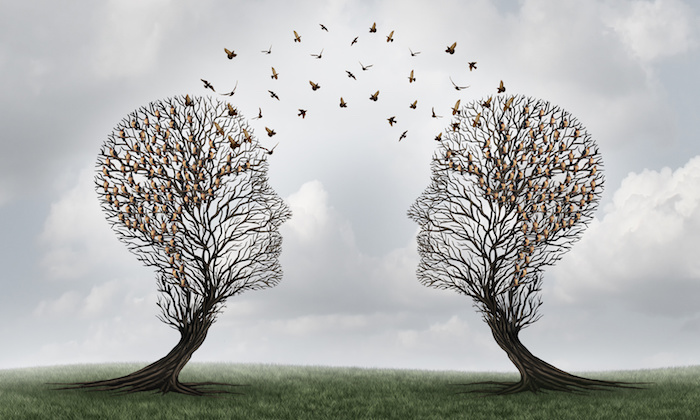A single partner’s priority of “me” rather than the “we” can grind the growth of a relationship to a halt. The couple can still move through the tasks of each day but they won’t enjoy the synergies that arise from true collaboration. The rewards of healthy connection are easier to accomplish as a team. However, these benefits are elusive without a commitment to honing a set of interactional competencies. The relationship thrives when the both partners are skilled at the following behaviors:
Sacrifice: placing other needs in front of your own.
Generosity: creating good will by sharing knowledge, assets, and resources.
Compromise: forging win-win opportunities.
Negotiation: balancing gains and losses respectfully.
Listening: seeing the world through another lens.
Collaboration: linking strengths to promote growth.
Coordination: conducting an orchestra of variables.
Interdependence: fusing your future outcomes with the path of another.
Relational aptitudes are learned. They are not in the traditional instruction manual of becoming an adult. The good news is that each day is filled with opportunities to practice. Take a walk around your circle of connections. Check in with your friends and lovers. Each exchange is a new tutorial.

About the Author
Kerry Galarza, MS OTR/L is the Clinical Director and an occupational therapist at Elmhurst Counseling. She provides specialized assessment and intervention with children of all ages and their families. Kerry engages clients with naturally occurring, meaningful home-based methods to empower autonomy and maximize functioning.

